French producer Jacques Bidou, a luminary in global cinema known for his collaborations with auteurs like Rithy Panh, Merzak Allouache, Patricio Guzmán, Tsai Ming-Liang, and Pablo Agüero, is steering a groundbreaking project in Indian cinema. His latest endeavor, Dengue, is the debut feature from Indian director Prantik Basu, a poignant queer drama set against the backdrop of 1990s Calcutta. This ambitious film, slated to begin production later this year, is a co-production involving India’s Riverine Films, France’s Jba Production, Luxembourg’s Samsa Film, the Netherlands’ The Film Kitchen, and India’s Kindling Pictures. This article delves into the significance of Dengue, its cultural and historical context, the creative vision behind it, and the intricate production process led by Bidou, while uncovering hidden truths and broader implications of this cinematic milestone.
The Genesis of ‘Dengue’
A Personal Narrative
Dengue is not just a film; it is a deeply personal exploration for director Prantik Basu. Drawing from his experiences growing up gay in India during the 1990s, the film tells the story of a forbidden romance in a society where homosexuality was criminalized under Section 377 of the Indian Penal Code. Until its partial decriminalization in 2018, this colonial-era law imposed severe penalties, including imprisonment, for homosexual acts, casting a long shadow over India’s queer community. Basu’s narrative is a bold reflection of that era’s struggles, capturing the tension between personal desire and societal repression.
“Growing up in the 1990s, I lived in a world where love was both a private joy and a public crime,” Basu shared in a recent interview. “Dengue is my attempt to give voice to those silent battles fought by so many.”
The film’s title, Dengue, is a metaphor for the feverish intensity of forbidden love, as well as the societal “disease” of prejudice that festers in the backdrop of the story. Set in Calcutta (now Kolkata), a city known for its rich cultural heritage and complex social fabric, the film promises to weave a tapestry of emotion, history, and resilience.
Prantik Basu: A Rising Voice
Prantik Basu, though a debut feature filmmaker, is no stranger to the international film circuit. His short films, such as Sakhisona (2016) and Rang Mahal (2019), have garnered acclaim at festivals like Berlinale and Rotterdam for their lyrical storytelling and ethnographic sensitivity. Basu’s work often explores marginalized voices, blending documentary and fiction to create intimate, visually arresting narratives. With Dengue, he steps into the feature-length arena, bringing his unique aesthetic to a story that is both personal and universal.
Basu’s choice to set the film in 1990s Calcutta is significant. The city, with its colonial architecture, bustling streets, and intellectual vibrancy, serves as more than a backdrop—it is a character in itself. The 1990s were a time of transition for India, marked by economic liberalization and social conservatism, making it a fertile ground for exploring themes of identity and resistance.
The Collaborative Spirit of International Co-Production
Jacques Bidou and Jba Production
Jacques Bidou’s involvement in Dengue underscores his reputation as a producer who champions bold, unconventional stories. Through Jba Production, co-run with Marianne Dumoulin, Bidou has built a legacy of supporting filmmakers from diverse regions, including Cambodia, Algeria, Chile, Taiwan, and now India. His portfolio includes critically acclaimed works like Rithy Panh’s The Missing Picture (2013), which was nominated for an Academy Award, and Tsai Ming-Liang’s Stray Dogs (2013), a meditative masterpiece. Bidou’s approach to production is collaborative, emphasizing cultural authenticity and artistic freedom.
For Dengue, Bidou has assembled a coalition of international partners, including Luxembourg’s Samsa Film, known for its work on European arthouse cinema, and the Netherlands’ The Film Kitchen, which has a track record of supporting innovative projects. India’s Riverine Films and Kindling Pictures bring local expertise, ensuring the film remains rooted in its cultural context. This multi-country collaboration reflects the growing trend of global co-productions, which pool resources, talent, and perspectives to create films that resonate across borders.
Funding and Support
Securing funding for a queer Indian film is no small feat, given the niche subject matter and the challenges of navigating international markets. Dengue has received support from prestigious institutions, including France’s Aide aux Cinémas du Monde, India’s Cineworld, the Netherlands Film Fund, the Hubert Bals Fund, and the US-based PJLF Art Funds. These grants underscore the film’s artistic and social significance, as well as the confidence that global cinema bodies have in Basu and Bidou’s vision.
The Hubert Bals Fund, in particular, has a history of supporting groundbreaking cinema from the Global South, having backed films like Apichatpong Weerasethakul’s Tropical Malady (2004). Its involvement in Dengue signals the film’s potential to contribute to the global canon of queer cinema. Meanwhile, Aide aux Cinémas du Monde, a French initiative, promotes cultural diversity in film, making it a fitting partner for a project that bridges Indian and European sensibilities.
The Cultural and Historical Context of ‘Dengue’
Queer Identity in 1990s India
To fully appreciate Dengue, one must understand the socio-legal landscape of India in the 1990s. Section 377, enacted in 1861 under British colonial rule, criminalized “unnatural offenses,” a vague term that effectively targeted homosexual relationships. The law was not just a legal restriction but a cultural weapon, fostering stigma and silence around queer identities. Gay individuals faced harassment, blackmail, and social ostracism, often living double lives to survive.
Despite these challenges, the 1990s saw the seeds of India’s queer rights movement. Organizations like the Humsafar Trust, founded in 1994, began advocating for LGBTQ+ rights, providing safe spaces and legal support. Dengue captures this tension between repression and resistance, offering a window into a time when love was both an act of defiance and a source of vulnerability.
Calcutta as a Cinematic Canvas
Calcutta in the 1990s was a city of contrasts—vibrant yet decaying, progressive yet traditional. Its colonial past, evident in landmarks like the Victoria Memorial, coexisted with a burgeoning modernity driven by economic reforms. The city’s intellectual culture, fostered by institutions like Jadavpur University and the Coffee House, made it a hub for progressive thought, yet conservative attitudes toward sexuality persisted. Basu’s decision to set Dengue in this milieu allows him to explore these contradictions, using the city’s monsoon-soaked streets and crowded markets as a backdrop for a story of forbidden love.
The film’s visual language, as hinted in Basu’s previous works, is likely to draw on Calcutta’s sensory richness—its humid air, vibrant colors, and chaotic energy. This setting not only grounds the narrative in a specific time and place but also amplifies its emotional stakes, as the characters navigate their desires in a city that is both liberating and oppressive.
Jacques Bidou’s Broader Impact on Global Cinema
A Producer’s Philosophy
Jacques Bidou’s career is a testament to the power of cinema as a tool for cultural dialogue. His recent book, Once Upon a Time in Production, offers a glimpse into his approach, detailing the challenges of producing Yalda, a Night for Forgiveness (2020), a Sundance Grand Prix winner. Shot in Iran, Yalda required Bidou to navigate 19 funding sources, Iranian censorship, and U.S. sanctions—a feat that mirrors the complexities of producing Dengue.
“Producing a film is like weaving a tapestry,” Bidou writes in his book. “Each thread—funding, talent, politics—must be carefully aligned to create something that speaks to the world.”
Bidou’s ability to secure funding and foster international partnerships has made him a pivotal figure in arthouse cinema. His work with directors from the Global South, in particular, highlights his commitment to amplifying underrepresented voices. Dengue is a natural extension of this ethos, as it brings a queer Indian story to a global audience at a time when representation in cinema is more critical than ever.
Navigating Challenges in Film Production
Producing a film like Dengue involves myriad challenges, from cultural sensitivities to logistical hurdles. In India, queer-themed films have historically faced censorship and societal pushback. Films like Deepa Mehta’s Fire (1996) and Hansal Mehta’s Aligarh (2015) sparked controversies for their depictions of same-sex relationships, highlighting the delicate balance filmmakers must strike. Bidou’s experience with politically sensitive projects, such as Yalda, equips him to navigate these waters, ensuring that Dengue remains true to its vision while reaching a wide audience.
Moreover, the international co-production model introduces its own complexities, including coordinating across time zones, aligning creative visions, and managing diverse funding requirements. Bidou’s expertise in this area, honed over decades, is a key asset for Dengue, allowing it to transcend the limitations of a single country’s film industry.
The Significance of ‘Dengue’ in Global Queer Cinema
A Growing Canon
Dengue joins a burgeoning wave of queer Indian cinema that includes films like Margarita with a Straw (2014) and Ek Ladki Ko Dekha Toh Aisa Laga (2019). These films have gradually shifted the narrative around queerness in India, moving from taboo to tentative acceptance. However, Dengue stands out for its historical perspective, offering a lens into a time when queer identities were almost invisible in mainstream discourse.
Globally, queer cinema has gained momentum, with films like Portrait of a Lady on Fire (2019) and Moonlight (2016) earning critical and commercial success. Dengue has the potential to contribute to this canon, blending a distinctly Indian story with universal themes of love, loss, and resilience. Its international backing and festival-oriented approach position it for impact at venues like Cannes, Berlinale, and Sundance, where Bidou and Basu are already making waves.
Hidden Truths and Societal Impact
Beyond its artistic merits, Dengue has the potential to spark conversations about India’s queer history. The film arrives at a time when India’s LGBTQ+ community continues to fight for full equality, despite the 2018 decriminalization of homosexuality. Issues like marriage equality, adoption rights, and workplace discrimination remain contentious, and Dengue could serve as a cultural touchstone, highlighting the long road to acceptance.
Moreover, the film sheds light on the hidden truths of queer life in the 1990s—stories of secret relationships, coded language, and underground networks that sustained the community. By bringing these narratives to the screen, Basu and Bidou are not only preserving history but also challenging the erasure of queer experiences in mainstream media.
Looking Ahead: The Road to Production and Beyond
Filming in Calcutta
Production for Dengue is set to begin later this year in Kolkata, a city that retains much of its 1990s character despite modern developments. Filming on location will lend authenticity to the story, capturing the city’s unique atmosphere. However, it also presents challenges, including navigating permits, crowd management, and monsoon weather, which could add a layer of realism to the film’s feverish aesthetic.
Basu’s background in documentary filmmaking suggests that he may incorporate a semi-improvised style, blending scripted scenes with the organic energy of Kolkata’s streets. This approach could enhance the film’s emotional authenticity, allowing actors to inhabit their roles in a lived-in environment.
Festival Prospects and Audience Reach
With Bidou’s track record and Basu’s festival pedigree, Dengue is poised for a strong presence on the international festival circuit. Cannes, where Bidou is currently pitching the project, is a likely launchpad, given its history of championing bold, diverse stories. The film’s universal themes and specific cultural context make it a strong contender for awards and distribution deals, potentially reaching audiences in Europe, North America, and beyond.
For Indian audiences, Dengue could resonate deeply, offering a mirror to a generation that lived through the 1990s and a lesson for younger viewers unfamiliar with that era’s struggles. Its international co-production status may also facilitate streaming platform deals, ensuring wider accessibility.
Conclusion
Dengue represents a confluence of personal storytelling, international collaboration, and cultural significance. Under Jacques Bidou’s seasoned guidance and Prantik Basu’s visionary direction, the film promises to be a landmark in Indian queer cinema, illuminating a hidden chapter of history while speaking to universal human experiences. As it moves toward production, Dengue carries the weight of its creators’ ambitions and the hopes of a community seeking representation. Through its exploration of love, identity, and resilience, the film is poised to leave a lasting impact on global cinema, proving once again that stories from the margins can resonate with the world.

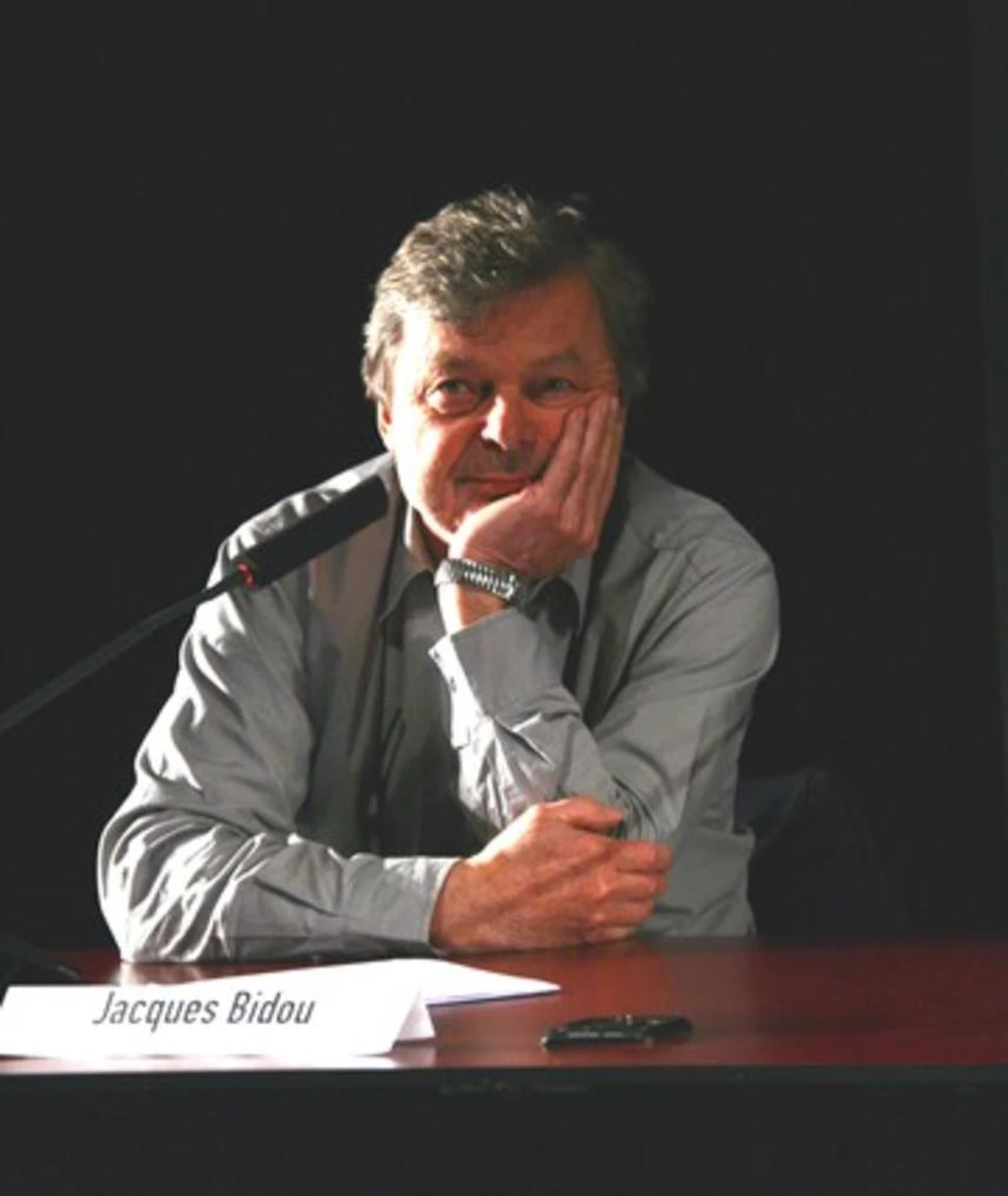

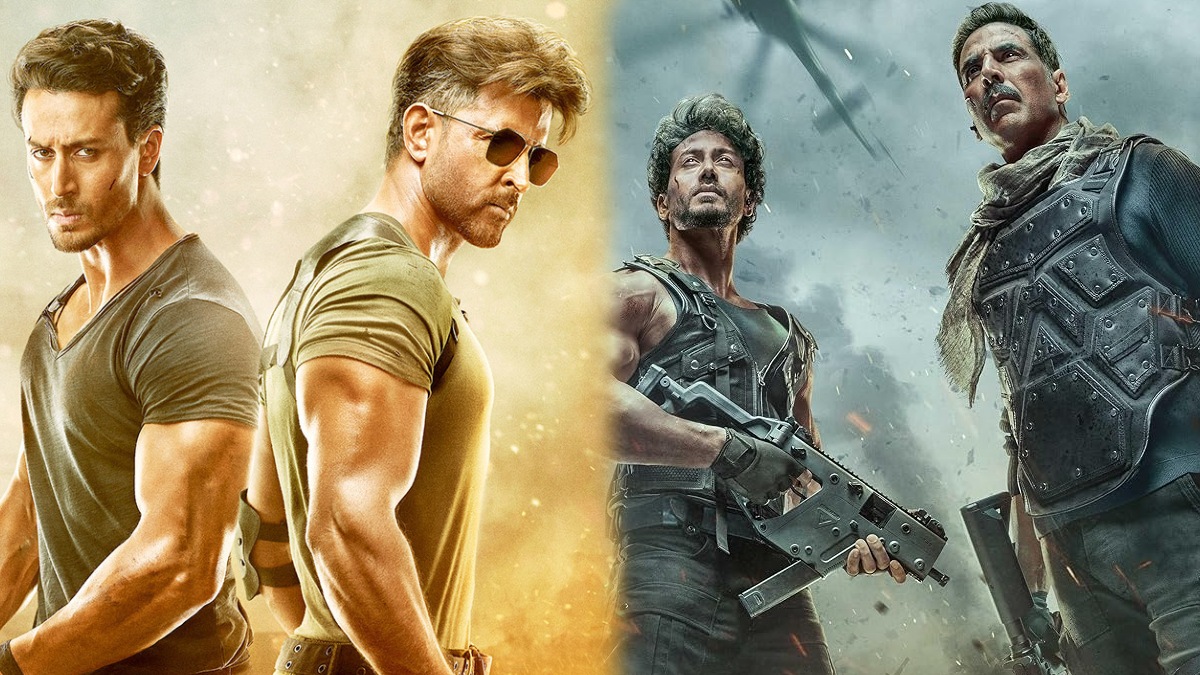






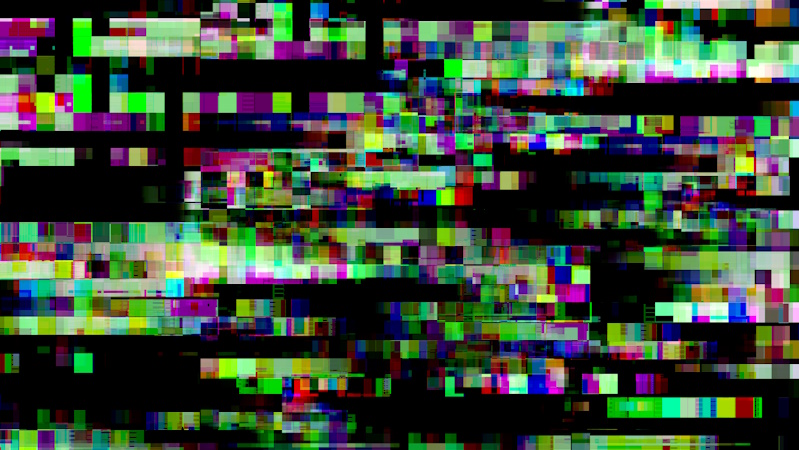

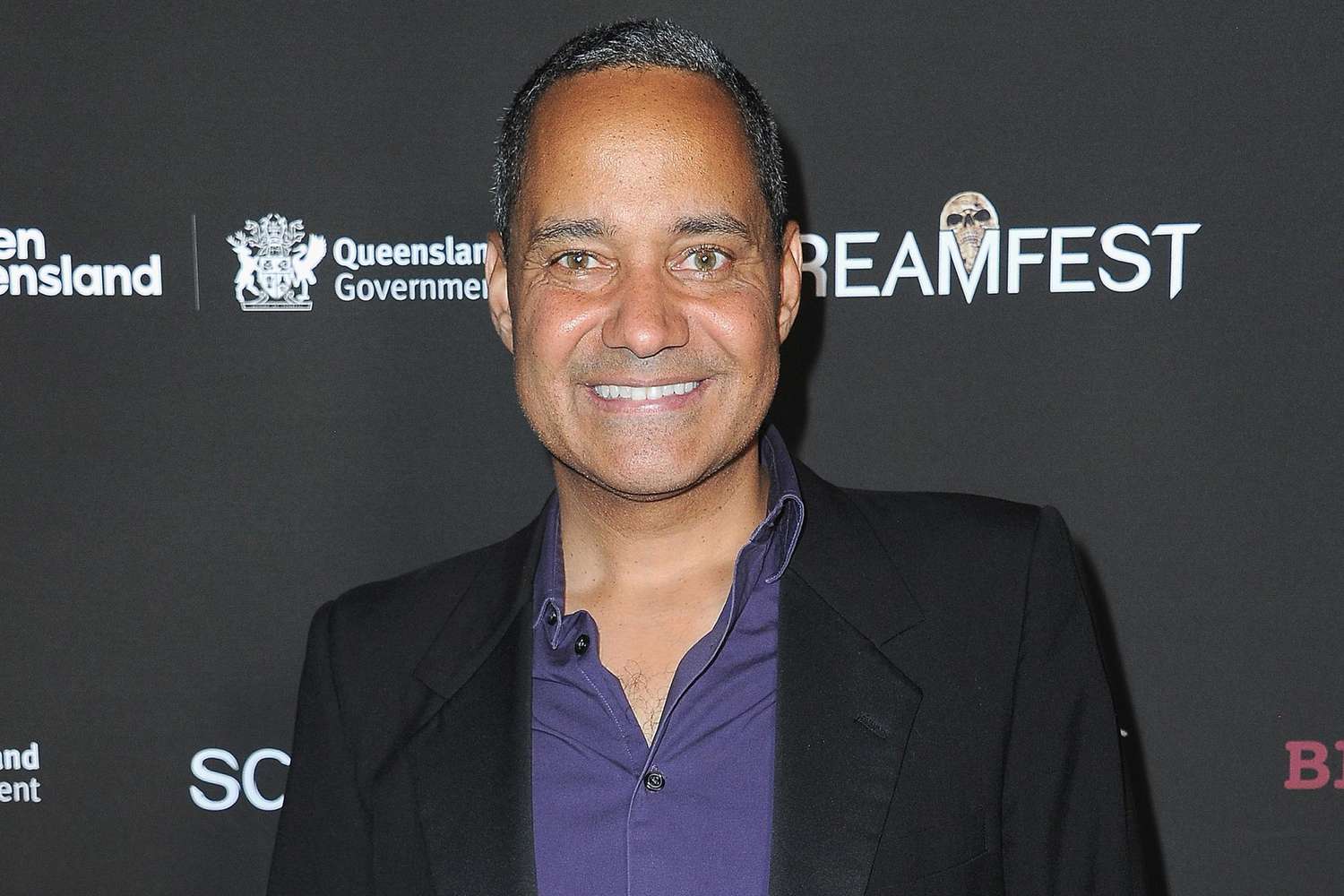








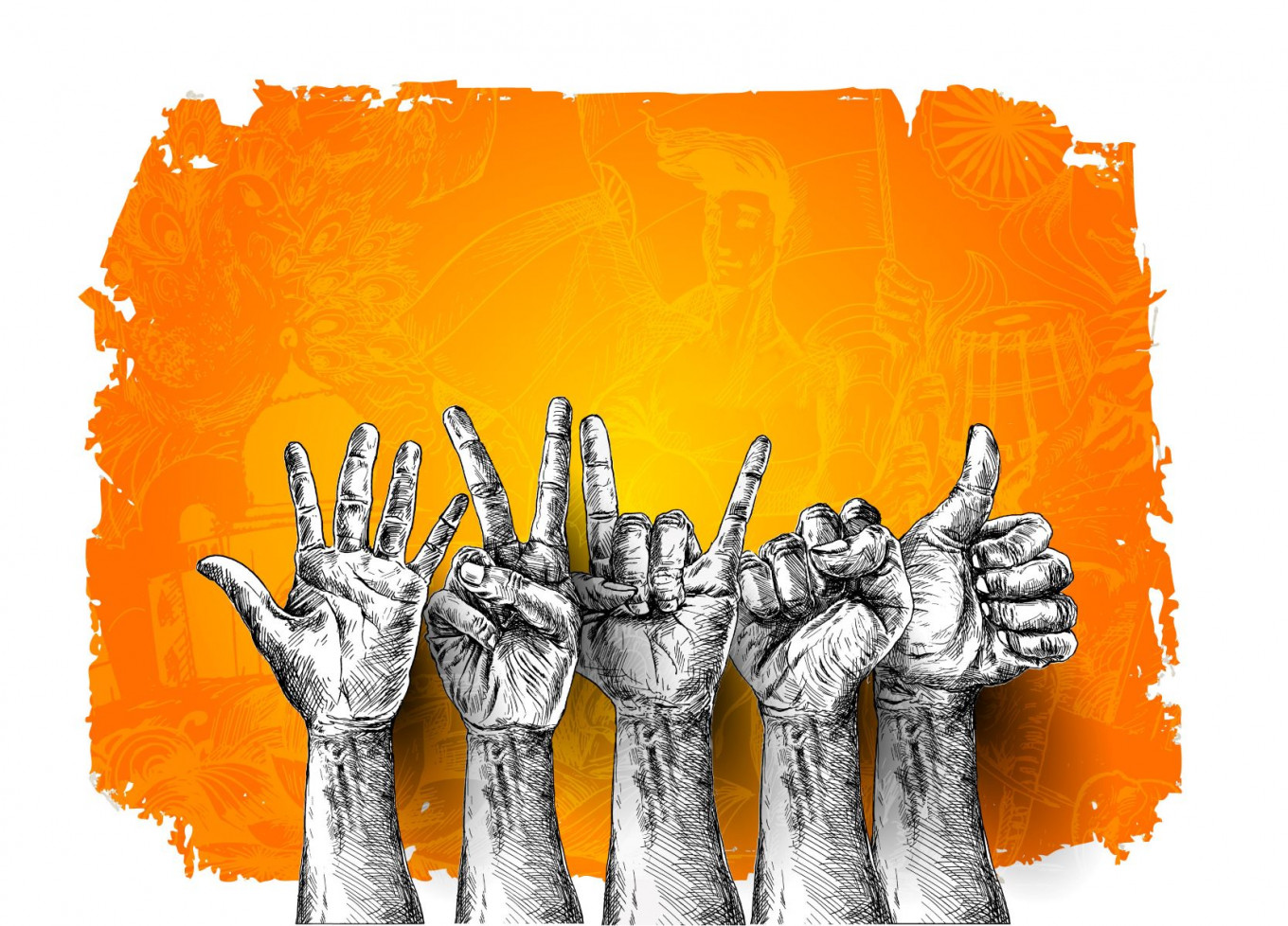
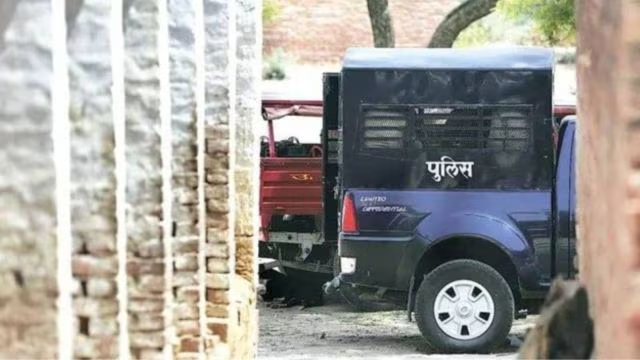
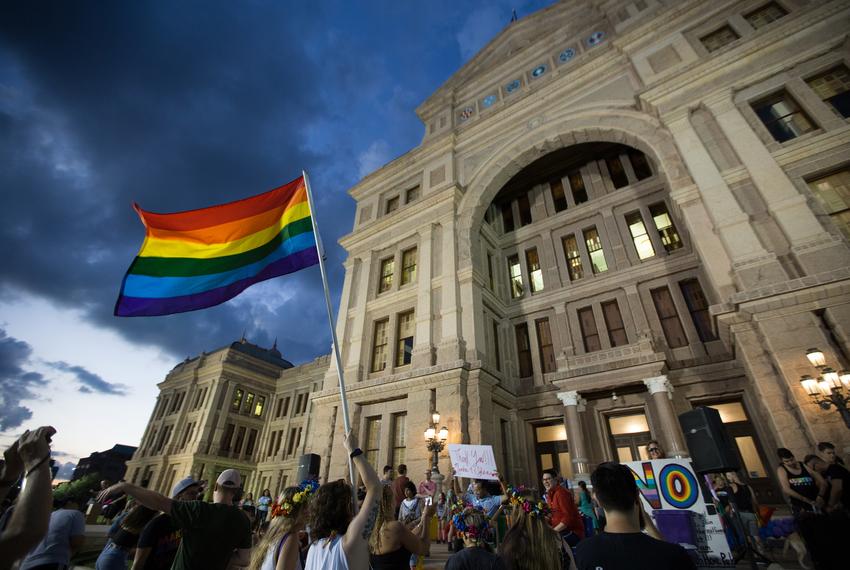
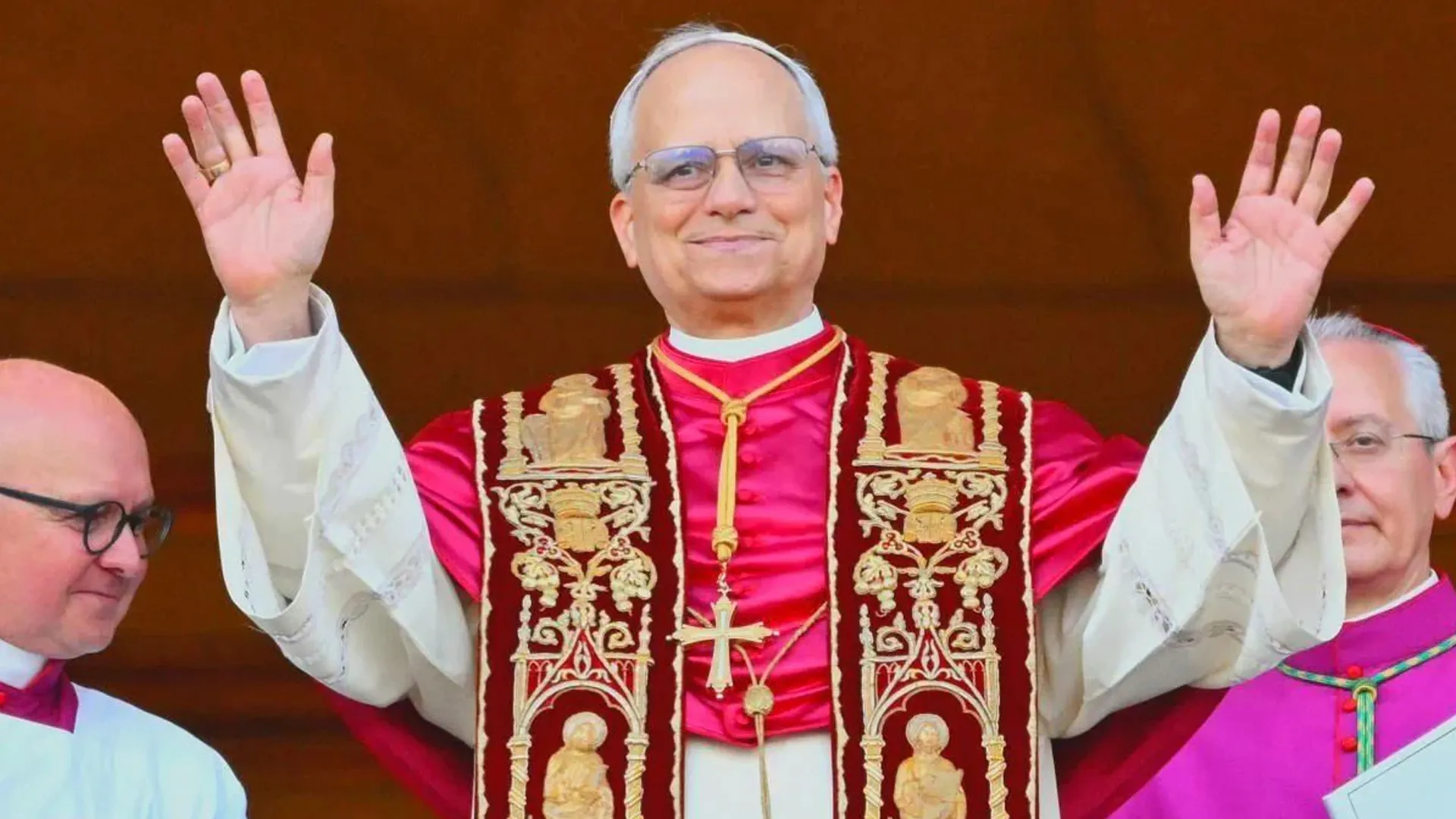
0 Comments